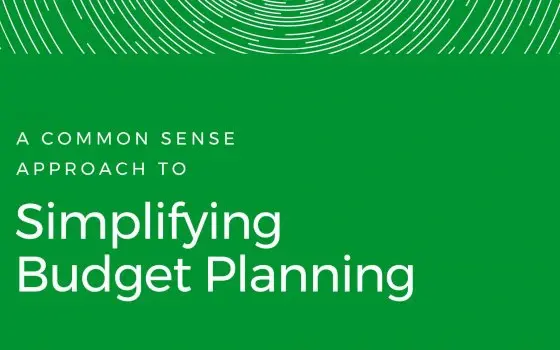
A Common Sense Approach to Simplifying Budget Planning Get ready to conquer HOA budget season with this effective strategy - CINC Systems
Read

Consider the Three I’s When Building a Strong 2024 Budget
Read

What Is Homeowner Association (HOA) Accounting Software?
Read

How Does Online Accounting Help Association Managers?
Read

The Most Critical Reports an Association Management Company Can Utilize through Association Software
Read

What Is Integration in Banking?
Read

How Integrated Banking Can Save Money For Your Clients’ HOAs
Read

What Is Cloud Accounting?
Read

5 Things Accountants Should Do After Tax Season
Read

Management Companies: Budget Time For Your Own Budget This Season!
Read

5 Costly Financial Mistakes To Avoid In Your HOA’s Budget
Read

Financial Reports Best Practices When Managing An HOA
Read